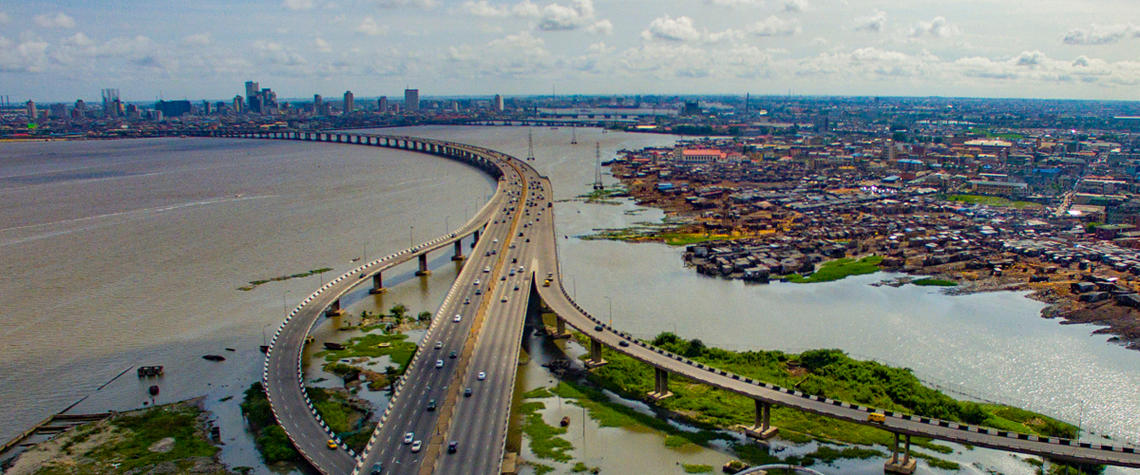Nigeria puts money into gas drive
A state guarantee for the bulk of the financing needed for a big pipeline project suggests Nigeria is serious about boosting domestic gas supplies
Successive Nigerian governments have talked about better utilising the country’s vast gas reserves to drive economic growth—with little to show for it. But measures announced by President Muhammadu Buhari’s administration look set to get the sector moving. The flagship projects in this push are two new gas pipelines and a series of power stations along their routes, designed to alleviate decades of inadequate electricity supply. The 614km Ajaokuta-Kaduna-Kano (AKK) pipeline will take gas from the Niger delta to northern Nigeria, while the Escravos-Lagos Pipeline System (ELPS) 2 project will double the capacity of a pipeline serving the country’s largest city. The government underscored its

Also in this section
7 August 2025
The quick, unified and decisive strategy to return all the barrels from the hefty tranche of cuts from the eight producers involved in voluntary curbs signals a shift and sets the tone for the path ahead
7 August 2025
Without US backing, the EU’s newest sanctions package against Russia—though not painless—is unlikely to have a significant impact on the country’s oil and gas revenues or its broader economy
6 August 2025
Diesel market disruptions have propelled crude prices above $100/bl twice in this century, and now oil teeters on the brink of another crude quality crisis
5 August 2025
After failed attempts to find a buyer for its stake in Russia’s largest oil producer, BP may be able to avoid the harsh treatment meted out to ExxonMobil and Shell when they exited—and could even restart operations if geopolitical conditions improve








